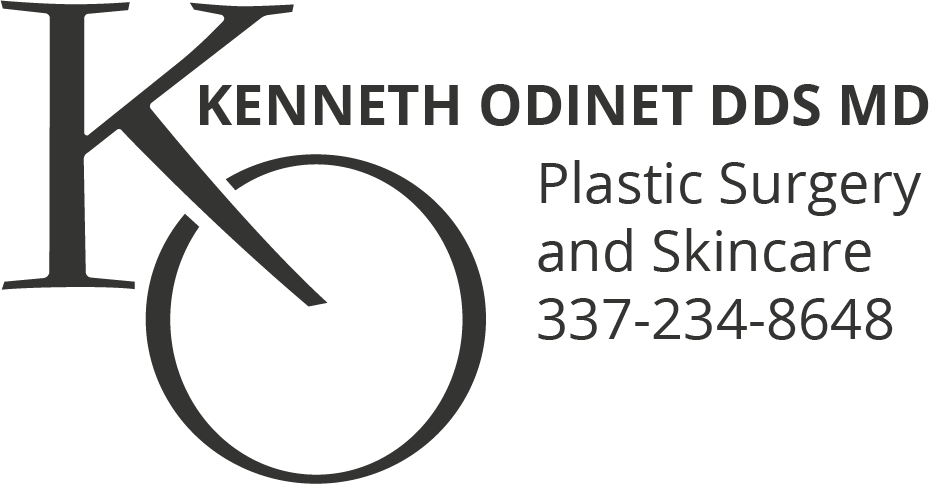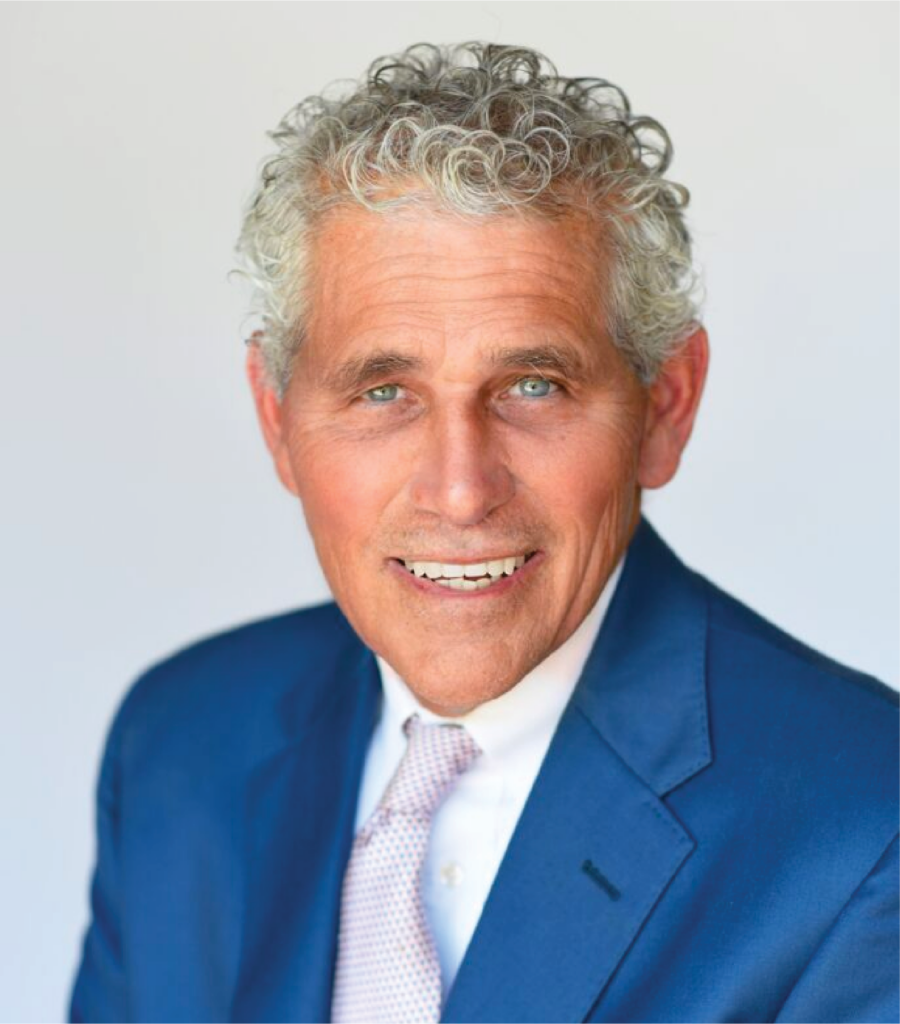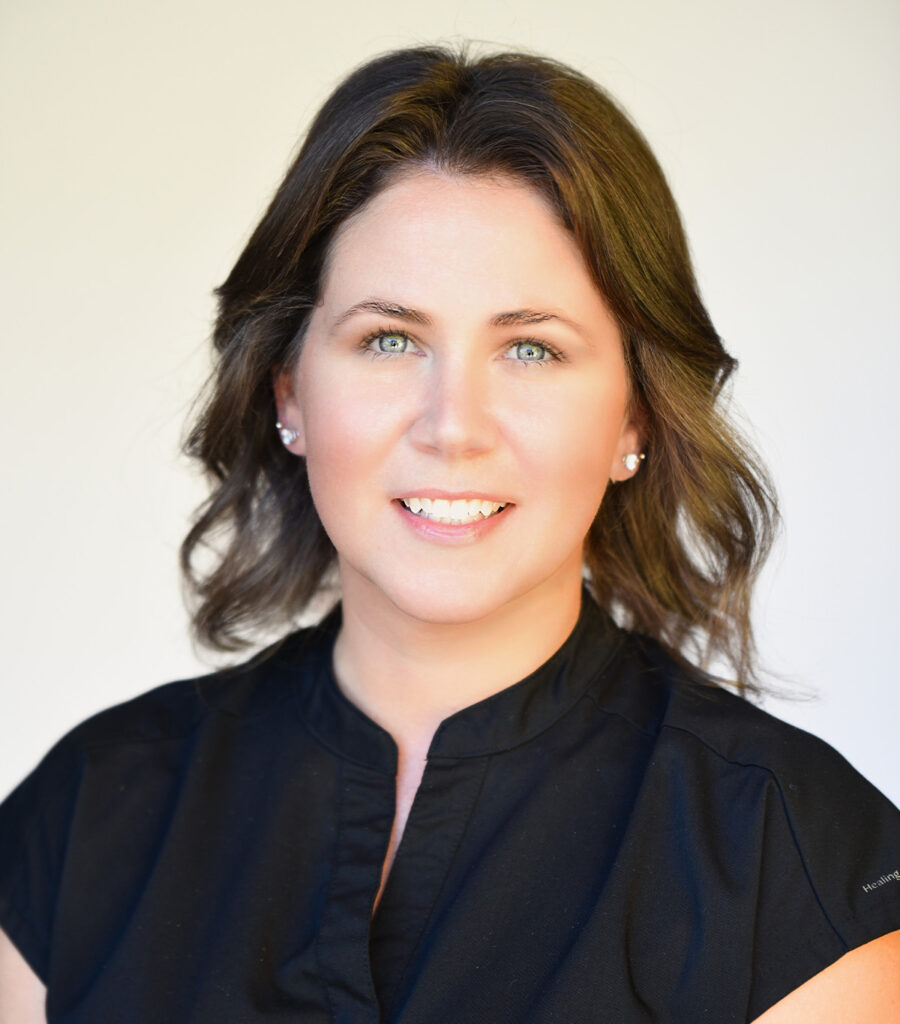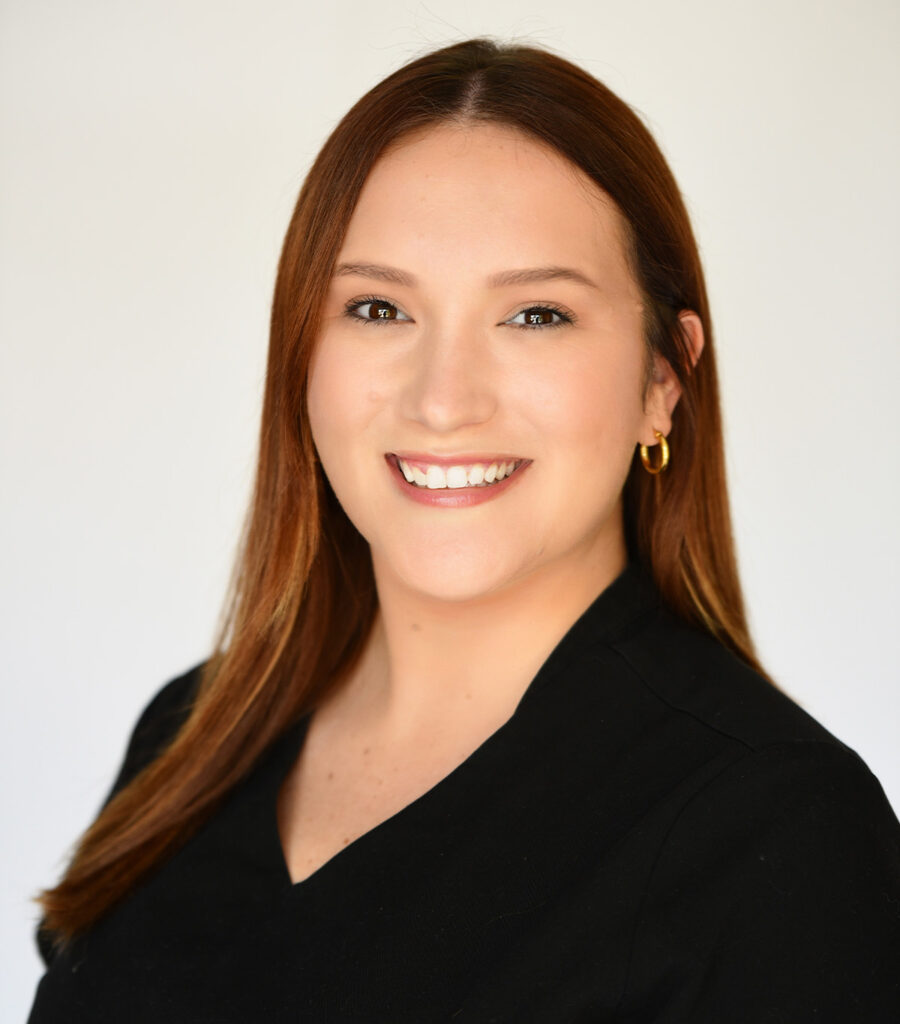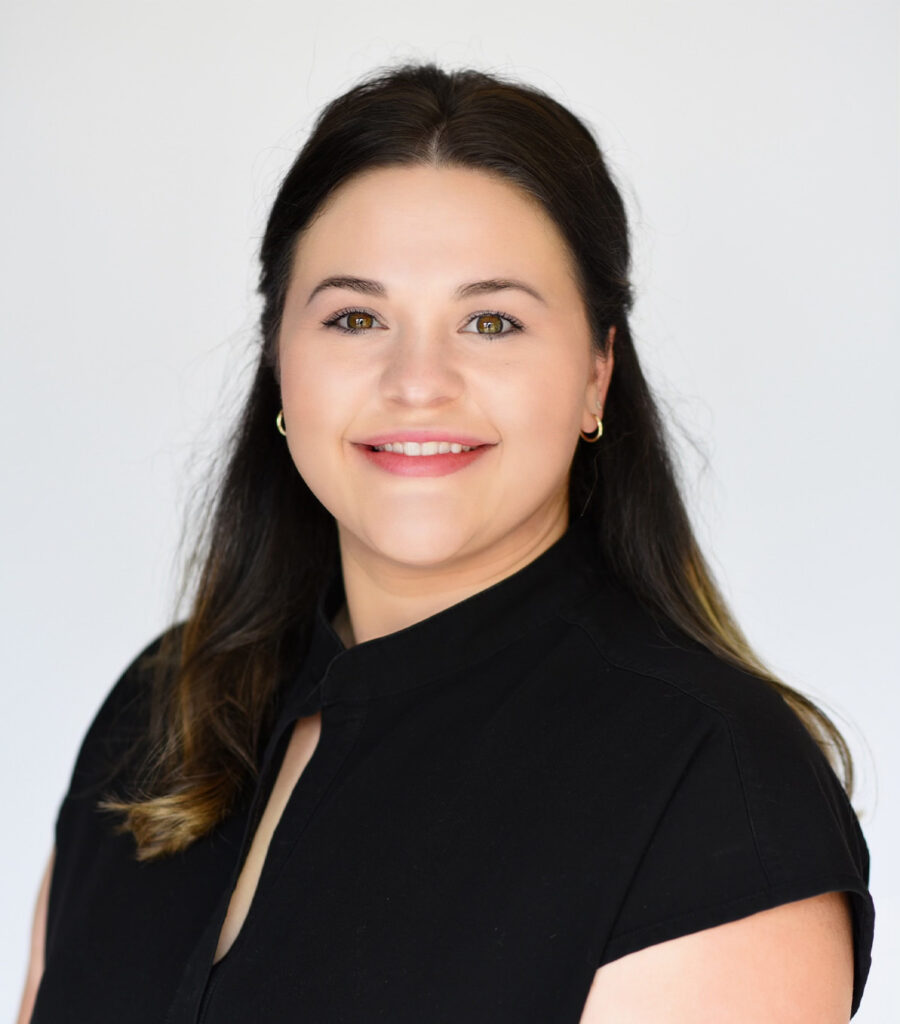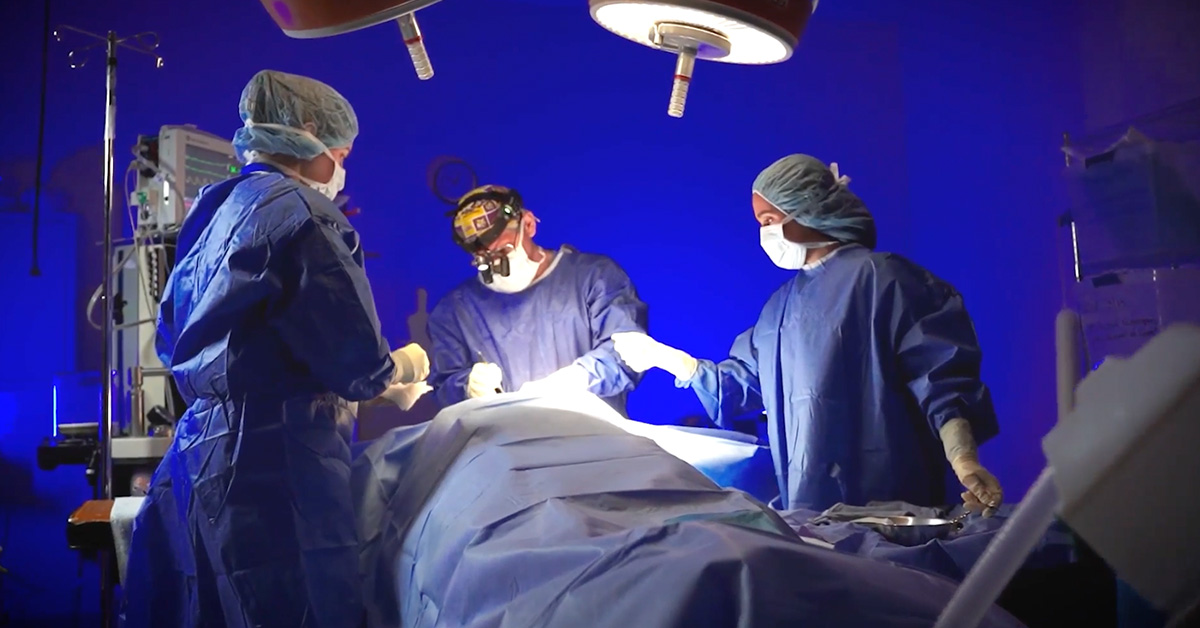
Since 1980, QUAD A, the American Association for Accreditation of Ambulatory Surgery Facilities, has worked as a non-profit, physician-founded organization devoted to ensuring safety, quality, and trust in health care facilities. Their core belief is simple: patient safety should always come first. QUAD A offers accreditation for outpatient programs, Medicare-affiliated clinics, and international health facilities.
Accreditation means more than just a label. It represents a facility’s commitment to rigorous standards, careful process, and measurable outcomes. When a surgery center or clinic is QUAD A accredited, it has met clearly defined criteria, passed regular surveys by expert reviewers, and agreed to adhere to processes designed to protect patients.
Why Accreditation Should Be One of the First Things You Ask About
When someone is considering surgery or an outpatient procedure, the place where it is performed matters almost as much as who is performing it. Here are some ways QUAD A accreditation signals higher safety, trust, and overall quality:
-
Facilities that are accredited follow strict safety protocols. That means sterilization, emergency preparedness, staff qualifications, and infection control are monitored closely.
-
Accreditation demonstrates accountability—facilities are surveyed, and they must maintain standards over time. It is not something you get once and forget.
-
Patients can feel more confident that what they are signing up for (risks, recovery, expectations) is clearly communicated and handled properly.
-
Because accreditation requires defined, consistent criteria, it reduces surprises. You are less likely to face hidden risks when the facility has been held to external, well-established norms.
What Sets QUAD A Apart
Not all accreditation organizations are the same. QUAD A emphasizes being both thorough and patient-focused. Some of the things that distinguish QUAD A:
-
Their surveyors are experts in the field and bring not just regulation, but education and consultation into their work. That means accredited facilities don’t just pass or fail—they learn.
-
Their processes are designed to have few surprises. From scheduling to standards, facilities know what is required. That clarity helps maintain compliance and safety.
-
QUAD A serves outpatient programs, facilities under Medicare, and international clinics. That means the standards apply broadly, not just in one niche.
How This Impacts You, the Patient
When a surgeon or clinic advertises that they are QUAD A accredited, it is more than marketing. It means your health and well-being are being taken seriously at many levels:
-
Less risk of complications due to poor sterilization, undertrained staff, or facilities not equipped for emergencies.
-
Better consistency in how procedures are done, how recovery is managed, and how safety is ensured.
-
Greater peace of mind. If you trust that the place where your procedure takes place meets outside standards, you can focus more on what matters—your goals, your recovery, and your results.
Bottom Line
QUAD A accreditation is a marker of excellence in ambulatory surgery and outpatient care. It shows that a facility has committed to standards that protect you, the patient, in ways that go beyond appearance or comfort. When evaluating surgeons or clinics, it is wise to ask: are they QUAD A accredited? If not, it may be worth finding one that is. Real safety, real trust, and real outcomes start with accountability, and accreditation is one of the strongest ways to ensure that.
